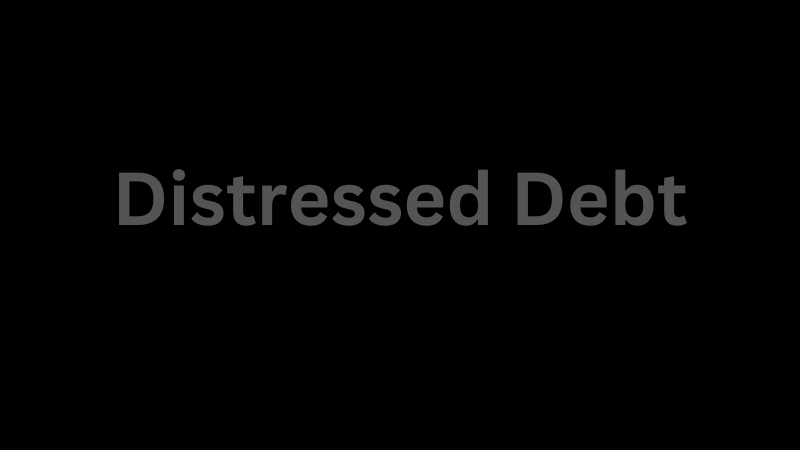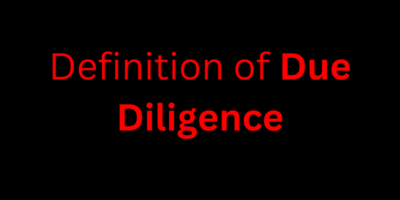Understanding Distressed Debt

Distressed debt, often considered an alternative investment strategy, has gained significant attention in the world of finance. It refers to debt securities issued by companies or governments facing financial difficulties or undergoing restructuring.
Investors who specialize in distressed debt seek to capitalize on these challenging situations by purchasing debt securities at discounted prices, with the potential to generate substantial returns. However, this investment strategy is not without risks, and careful analysis and due diligence are essential for success. Below, we will explore the concept of distressed debt, the potential opportunities it presents, and the associated risks.
What is Distressed Debt?
Distressed debt is essentially the debt of companies or governments that are experiencing financial distress or are undergoing a bankruptcy process. This can include corporate bonds, bank loans, or other debt instruments. Typically, these debt securities are traded at a significant discount to their face value, reflecting the inherent risk and uncertainty surrounding the issuer’s financial situation. Distressed debt can arise due to a variety of reasons, such as economic downturns, industry-specific challenges, mismanagement, or excessive leverage.
Opportunities in Distressed Debt
Bargain Prices
The primary allure of distressed debt investing is the potential for acquiring debt securities at substantial discounts to their intrinsic value. This provides an opportunity for investors to generate significant returns if the issuer’s financial situation improves or if the debt is successfully restructured.
Value Creation
By actively participating in the restructuring process, distressed debt investors can help troubled companies restore their financial health. This can involve negotiating favorable terms, influencing strategic decisions, or even converting debt into equity to gain ownership stakes. Successful turnarounds can result in substantial value creation for investors.
Diversification
Distressed debt offers an opportunity to diversify investment portfolios beyond traditional asset classes. Since the performance of distressed debt is not closely correlated with the broader market, it can provide a level of protection during market downturns and offer potential upside when the distressed assets recover.
Risks and Challenges
Uncertain Outcomes
Investing in distressed debt carries inherent uncertainty. There is no guarantee that the issuer will recover or that the restructuring process will be successful. Investors must carefully assess the potential risks and rewards and have a clear understanding of the legal and regulatory frameworks governing distressed debt investing.
Complex Analysis
Evaluating distressed debt requires a comprehensive analysis of financial statements, restructuring plans, and legal considerations. This analysis demands specialized expertise and resources to accurately assess the value of the distressed securities and the potential for recovery.
Liquidity Concerns
Distressed debt investments can be illiquid, meaning it may be challenging to buy or sell these securities quickly. Investors must be prepared to hold their positions for an extended period, potentially facing limited liquidity and price volatility.
Legal and Regulatory Risks
Distressed debt investing involves navigating complex legal and regulatory frameworks. The rights and priorities of different debt holders, potential conflicts of interest, and legal processes such as bankruptcy proceedings can significantly impact the outcome for investors.
Conclusion
Distressed debt investing presents unique opportunities for investors seeking potentially high returns and diversification beyond traditional asset classes. However, it is a complex and specialized investment strategy that requires careful consideration of risks, in-depth analysis, and expertise. Investors must conduct thorough due diligence, assess potential rewards against the inherent uncertainties, and ensure they have the resources and knowledge to navigate the legal and regulatory landscape. Ultimately, distressed debt investing can be a rewarding venture for those who approach it with a well-informed and disciplined approach.


